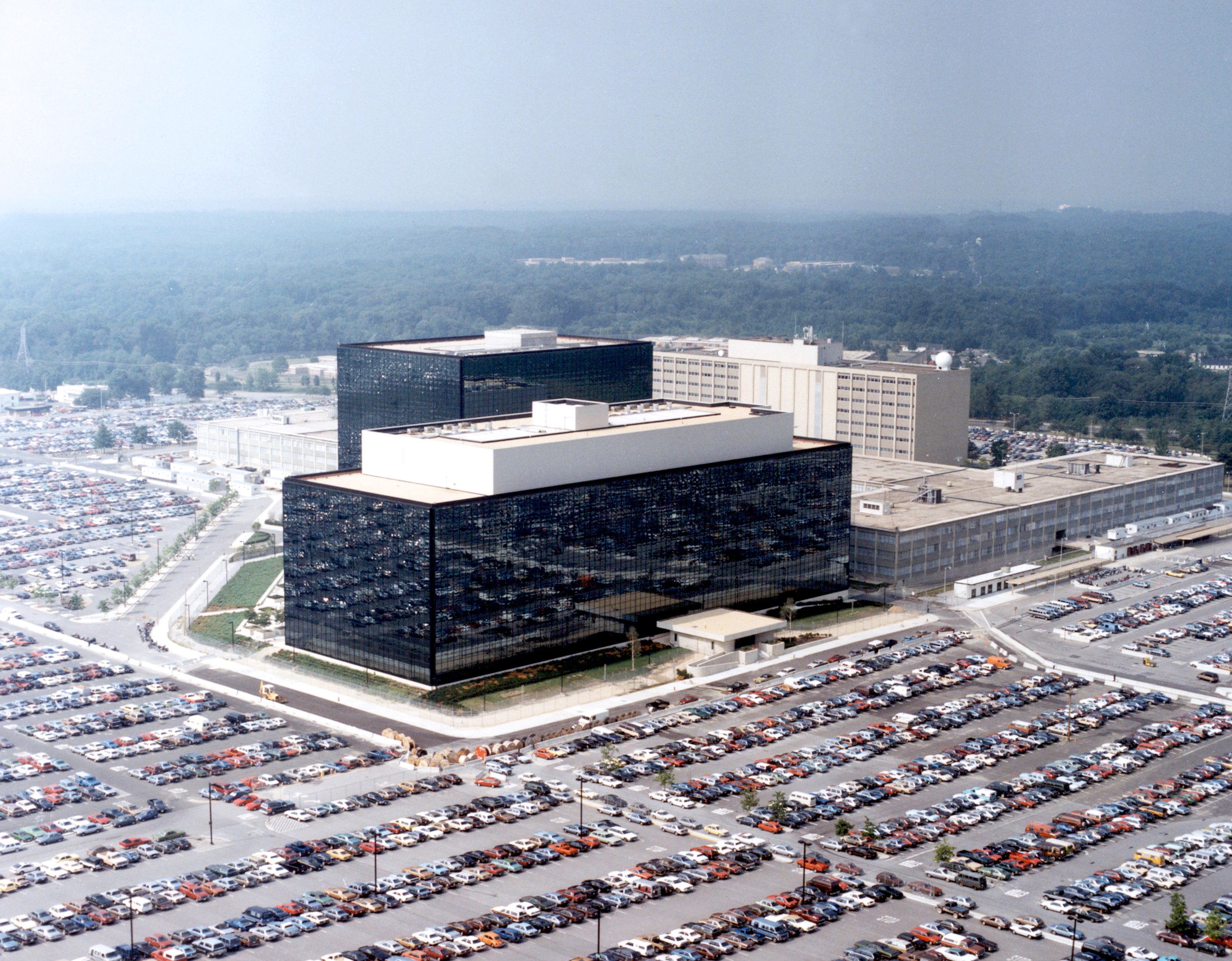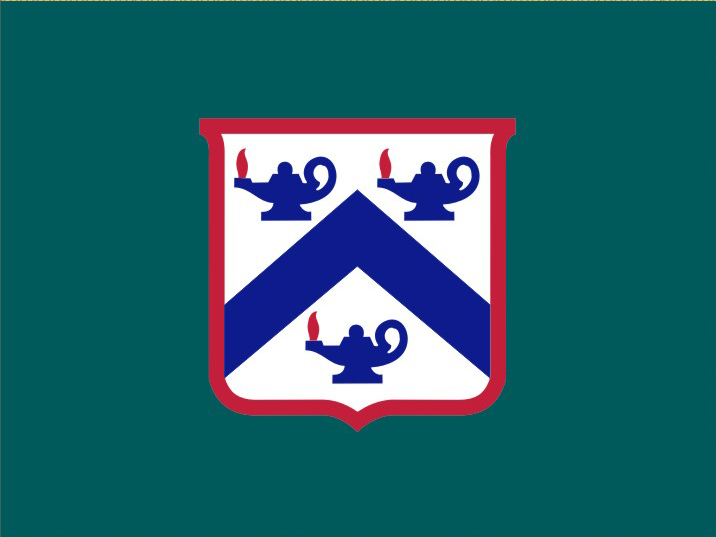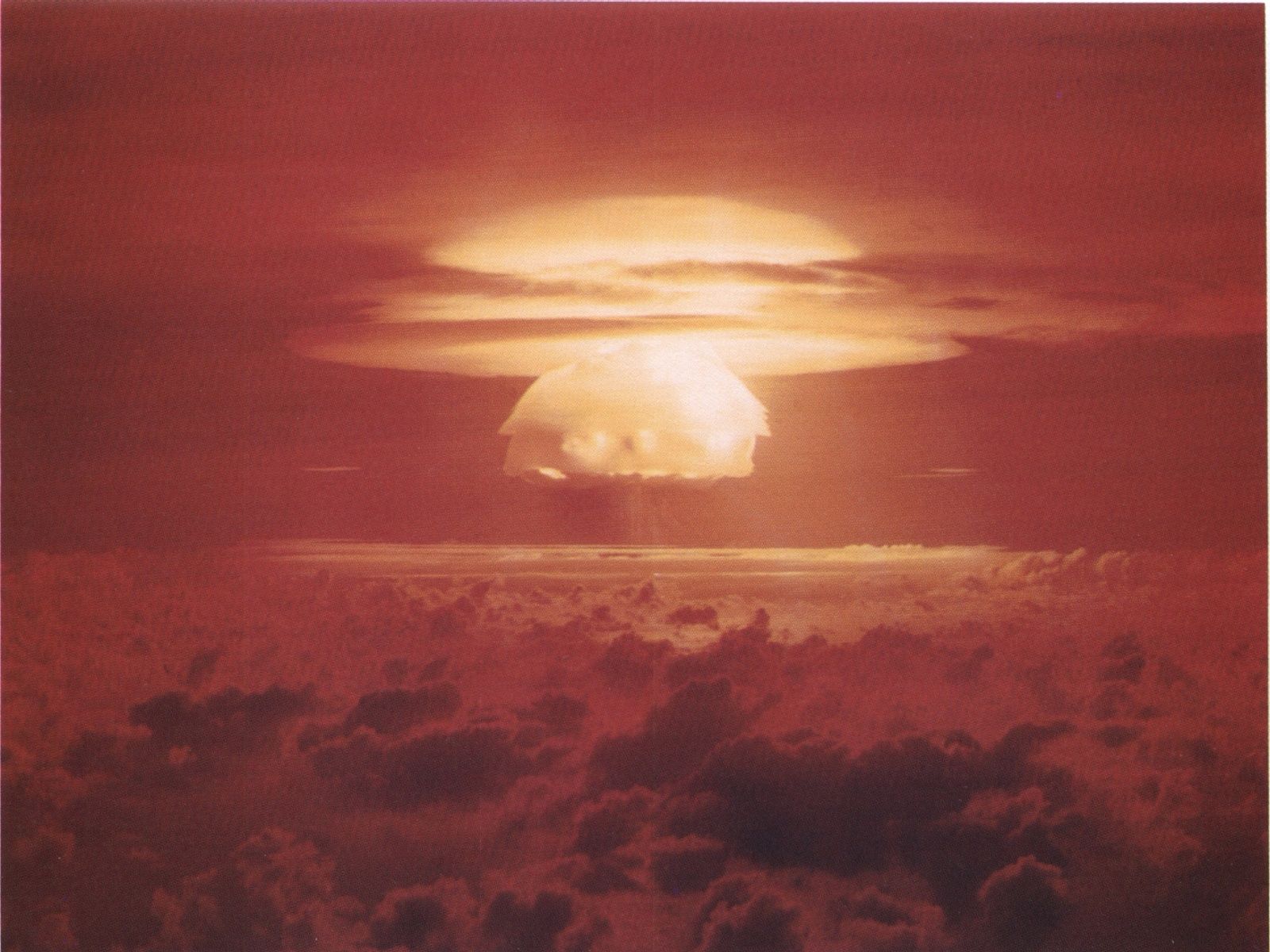|
Five-eyes
The Five Eyes (FVEY) is an intelligence alliance comprising Australia, Canada, New Zealand, the United Kingdom, and the United States. These countries are parties to the multilateral UKUSA Agreement, a treaty for joint cooperation in signals intelligence. Informally, Five Eyes can also refer to the group of intelligence agencies by these countries. The origins of the FVEY can be traced to informal secret meetings during World War II between British and American code-breakers, which started before the U.S. formally entered the war, followed by the Allies' 1941 Atlantic Charter that established their vision of the post-war world. Canadian academic Srdjan Vucetic argues the alliance emerged from Winston Churchill's Iron Curtain speech in 1946, which warned of open conflict with the Soviet bloc unless the English-speaking democracies learned to cooperate: Neither the sure prevention of war, nor the continuous rise of world organisation will be gained without what I have ca ... [...More Info...] [...Related Items...] OR: [Wikipedia] [Google] [Baidu] |
UKUSA Agreement
The United Kingdom – United States of America Agreement (UKUSA, ) is a multilateral agreement for cooperation in signals intelligence between Australia, Canada, New Zealand, the United Kingdom, and the United States. The alliance of intelligence operations is also known as the Five Eyes. In classification markings this is abbreviated as FVEY, with the individual countries being abbreviated as AUS, CAN, NZL, GBR, and USA, respectively. Emerging from an informal agreement related to the 1941 Atlantic Charter, the secret treaty was renewed with the passage of the 1943 BRUSA Agreement, before being officially enacted on 5 March 1946 by the United Kingdom and the United States. In the following years, it was extended to encompass Canada, Australia, and New Zealand. Other countries, known as "third parties", such as West Germany, the Philippines, and several Nordic countries, also joined the UKUSA community in associate capacities, although they are not part of the mechanism for ... [...More Info...] [...Related Items...] OR: [Wikipedia] [Google] [Baidu] |
ECHELON
ECHELON, originally a secret government code name, is a surveillance program ( signals intelligence/SIGINT collection and analysis network) operated by the five signatory states to the UKUSA Security Agreement:Given the 5 dialects that use the terms, UKUSA can be pronounced from "You-Q-SA" to "Oo-Coo-SA", AUSCANNZUKUS can be pronounced from "Oz-Can-Zuke-Us" to "Orse-Can-Zoo-Cuss". :From Talk:UKUSA Agreement: "Per documents officially released by both the Government Communications Headquarters and the National Security Agency, this agreement is referred to as the UKUSA Agreement. This name is subsequently used by media sources reporting on the story, as written in new references used for the article. The NSA press release provides a pronunciation guide, indicating that "UKUSA" should not be read as two separate entities.(National Security Agency)" Australia, Canada, New Zealand, the United Kingdom and the United States, also known as the Five Eyes. Created in the late 19 ... [...More Info...] [...Related Items...] OR: [Wikipedia] [Google] [Baidu] |
Military Alliance
A military alliance is a formal agreement between nations concerning national security. Nations in a military alliance agree to active participation and contribution to the defense of others in the alliance in the event of a crisis. (Online) In the event a nation is attacked, members of the alliance are often obligated to come to their defense regardless if attacked directly. In the aftermath of the Second World War military alliances usually behave less aggressively and act more as a deterrent. Military alliances can be classified into defense pacts, non-aggression pacts, and ententes. ( (Online) Alliances may be covert (as was common from 1870 to 1916) or public. According to a 2002 dataset of military alliances, there have been 538 alliance treaties from 1815 to 2003. The vast majority of the alliances involve commitments to come to the military support of one ally involved in war. The vast majority are defensive in nature. Characteristics Military alliances are r ... [...More Info...] [...Related Items...] OR: [Wikipedia] [Google] [Baidu] |
United States Army Combined Arms Center
The U.S. Army Combined Arms Center (USACAC) is located at Fort Leavenworth and provides leadership and supervision for leader development and professional military and civilian education; institutional and collective training; functional training; training support; battle command; doctrine; lessons learned and specified areas the Commanding General, United States Army Training and Doctrine Command (TRADOC) designates in order to serve as a catalyst for change and to support developing relevant and ready expeditionary land formations with campaign qualities in support of the joint force commander. Components Components (all based in Fort Leavenworth) are: *The Army University, which was created in 2015 and charged with directly integrating 70 separate U.S. Army Training and Doctrine Command (TRADOC) internal school programs under one university system while also synchronizing instruction with more than 100 additional TRADOC institutions. **Subcomponents include the U.S. Army Comm ... [...More Info...] [...Related Items...] OR: [Wikipedia] [Google] [Baidu] |
BBC News
BBC News is an operational business division of the British Broadcasting Corporation (BBC) responsible for the gathering and broadcasting of news and current affairs in the UK and around the world. The department is the world's largest broadcast news organisation and generates about 120 hours of radio and television output each day, as well as online news coverage. The service maintains 50 foreign news bureaus with more than 250 correspondents around the world. Deborah Turness has been the CEO of news and current affairs since September 2022. In 2019, it was reported in an Ofcom report that the BBC spent £136m on news during the period April 2018 to March 2019. BBC News' domestic, global and online news divisions are housed within the largest live newsroom in Europe, in Broadcasting House in central London. Parliamentary coverage is produced and broadcast from studios in London. Through BBC English Regions, the BBC also has regional centres across England and national new ... [...More Info...] [...Related Items...] OR: [Wikipedia] [Google] [Baidu] |
Eastern Bloc
The Eastern Bloc, also known as the Communist Bloc and the Soviet Bloc, was the group of socialist states of Central and Eastern Europe, East Asia, Southeast Asia, Africa, and Latin America under the influence of the Soviet Union that existed during the Cold War (1947–1991). These states followed the ideology of Marxism–Leninism, in opposition to the capitalist Western Bloc. The Eastern Bloc was often called the Second World, whereas the term " First World" referred to the Western Bloc and "Third World" referred to the non-aligned countries that were mainly in Africa, Asia, and Latin America but notably also included former pre-1948 Soviet ally SFR Yugoslavia, which was located in Europe. In Western Europe, the term Eastern Bloc generally referred to the USSR and Central and Eastern European countries in the Comecon (East Germany, Poland, Czechoslovakia, Hungary, Romania, Bulgaria, and Albania). In Asia, the Soviet Bloc comprised Mongolia, Vietnam, Laos, Kampuchea, ... [...More Info...] [...Related Items...] OR: [Wikipedia] [Google] [Baidu] |
Soviet Union
The Soviet Union,. officially the Union of Soviet Socialist Republics. (USSR),. was a List of former transcontinental countries#Since 1700, transcontinental country that spanned much of Eurasia from 1922 to 1991. A flagship communist state, it was nominally a Federation, federal union of Republics of the Soviet Union, fifteen national republics; in practice, both Government of the Soviet Union, its government and Economy of the Soviet Union, its economy were highly Soviet-type economic planning, centralized until its final years. It was a one-party state governed by the Communist Party of the Soviet Union, with the city of Moscow serving as its capital as well as that of its largest and most populous republic: the Russian Soviet Federative Socialist Republic, Russian SFSR. Other major cities included Saint Petersburg, Leningrad (Russian SFSR), Kyiv, Kiev (Ukrainian Soviet Socialist Republic, Ukrainian SSR), Minsk (Byelorussian Soviet Socialist Republic, Byelorussian SSR), Tas ... [...More Info...] [...Related Items...] OR: [Wikipedia] [Google] [Baidu] |
Cold War
The Cold War is a term commonly used to refer to a period of Geopolitics, geopolitical tension between the United States and the Soviet Union and their respective allies, the Western Bloc and the Eastern Bloc. The term ''Cold war (term), cold war'' is used because there was no large-scale fighting directly between the two superpowers, but they each supported major regional conflicts known as proxy wars. The conflict was based around the ideological and geopolitical struggle for global influence by these two superpowers, following their temporary Allies of World War II, alliance and victory against Nazi Germany and Empire of Japan, Imperial Japan in 1945. Aside from the Nuclear arms race, nuclear arsenal development and conventional military deployment, the struggle for dominance was expressed via indirect means such as psychological warfare, propaganda campaigns, Cold War espionage, espionage, far-reaching Economic sanctions, embargoes, rivalry at sports events, and technolog ... [...More Info...] [...Related Items...] OR: [Wikipedia] [Google] [Baidu] |
English-speaking World
Speakers of English are also known as Anglophones, and the countries where English is natively spoken by the majority of the population are termed the ''Anglosphere''. Over two billion people speak English , making English the largest language by number of speakers, and the third largest language by number of native speakers. England and the Scottish Lowlands, countries of the United Kingdom, are the birthplace of the English language, and the modern form of the language has been being spread around the world since the 17th century, first by the worldwide influence of England and later the United Kingdom, and then by that of the United States. Through all types of printed and electronic media of these countries, English has become the leading language of international discourse and the lingua franca in many regions and professional contexts such as science, navigation and law. The United Kingdom remains the largest English-speaking country in Europe. The United St ... [...More Info...] [...Related Items...] OR: [Wikipedia] [Google] [Baidu] |
Soviet Sphere Of Influence
''Soviet Empire'' is a political term which is used in Sovietology to describe the actions and power of the Soviet Union, with an emphasis on its dominant role in other countries. In the wider sense, the term refers to the country's foreign policy during the Cold War, which has been characterized as imperialist: the nations which were part of the Soviet Empire were nominally independent countries with separate governments that set their own policies, but those policies had to stay within certain limits decided by the Soviet Union. These limits were enforced by the threat of intervention by Soviet forces, and later the Warsaw Pact. Major military interventions took place in East Germany in 1953, Hungary in 1956, Czechoslovakia in 1968, Poland in 1980-81 and Afghanistan from 1979 to 1989. Countries in the Eastern Bloc were considered satellite states. Characteristics Although the Soviet Union was not ruled by an emperor, and declared itself anti-imperialist and a peop ... [...More Info...] [...Related Items...] OR: [Wikipedia] [Google] [Baidu] |
World War III
World War III or the Third World War, often abbreviated as WWIII or WW3, are names given to a hypothetical worldwide large-scale military conflict subsequent to World War I and World War II. The term has been in use since at least as early as 1941. Some apply it loosely to limited or more minor conflicts such as the Cold War or the war on terror. In contrast, others assume that such a conflict would surpass prior world wars in both scope and destructive impact.''The New Quotable Einstein''. Alice Calaprice (2005), p. 173. Due to the development of nuclear weapons in the Manhattan Project, which were used in the atomic bombings of Hiroshima and Nagasaki near the end of World War II, and their subsequent acquisition and deployment by many countries afterward, the potential risk of a nuclear apocalypse causing widespread destruction of Earth's civilization and life is a common theme in speculations about a third world war. Another primary concern is that ... [...More Info...] [...Related Items...] OR: [Wikipedia] [Google] [Baidu] |
Iron Curtain Speech
The Iron Curtain was the political boundary dividing Europe into two separate areas from the end of World War II in 1945 until the end of the Cold War in 1991. The term symbolizes the efforts by the Soviet Union (USSR) to block itself and its satellite states from open contact with the West, its allies and neutral states. On the east side of the Iron Curtain were the countries that were connected to or influenced by the Soviet Union, while on the west side were the countries that were NATO members, or connected to or influenced by the United States; or nominally neutral. Separate international economic and military alliances were developed on each side of the Iron Curtain. It later became a term for the physical barrier of fences, walls, minefields, and watchtowers that divided the "east" and "west". The Berlin Wall was also part of this physical barrier. The nations to the east of the Iron Curtain were Poland, East Germany, Czechoslovakia, Hungary, Romania, Bulgaria, Albania ... [...More Info...] [...Related Items...] OR: [Wikipedia] [Google] [Baidu] |




.png)

